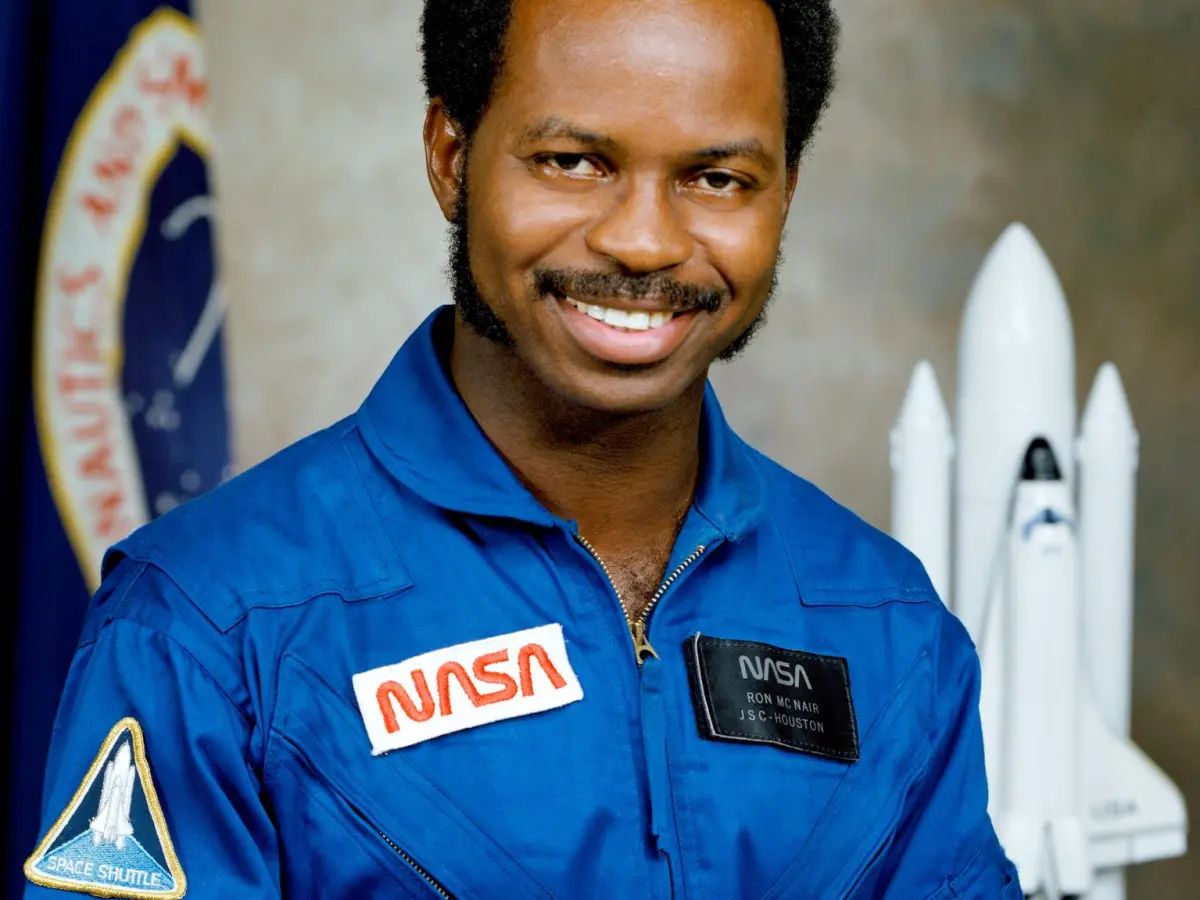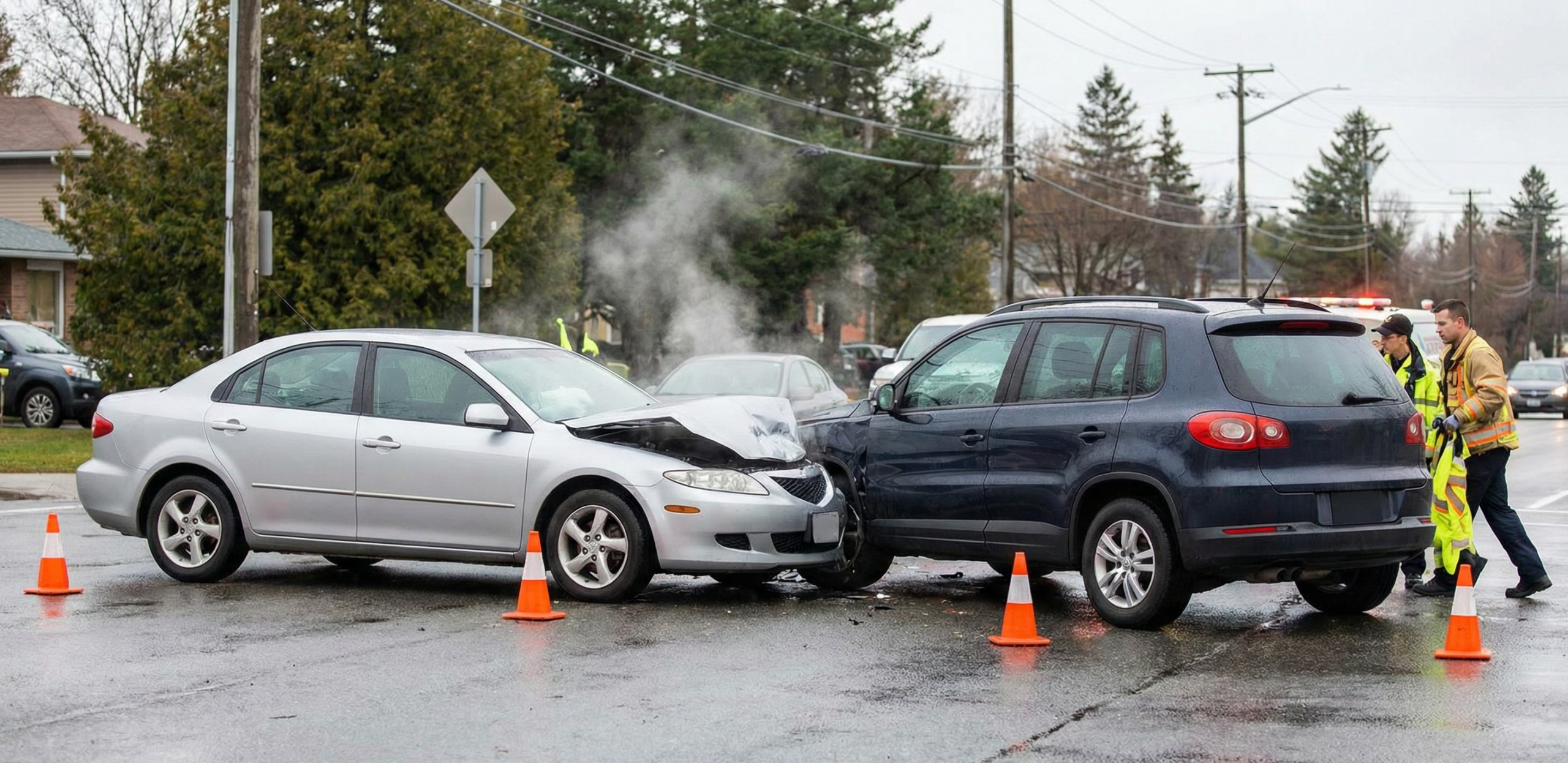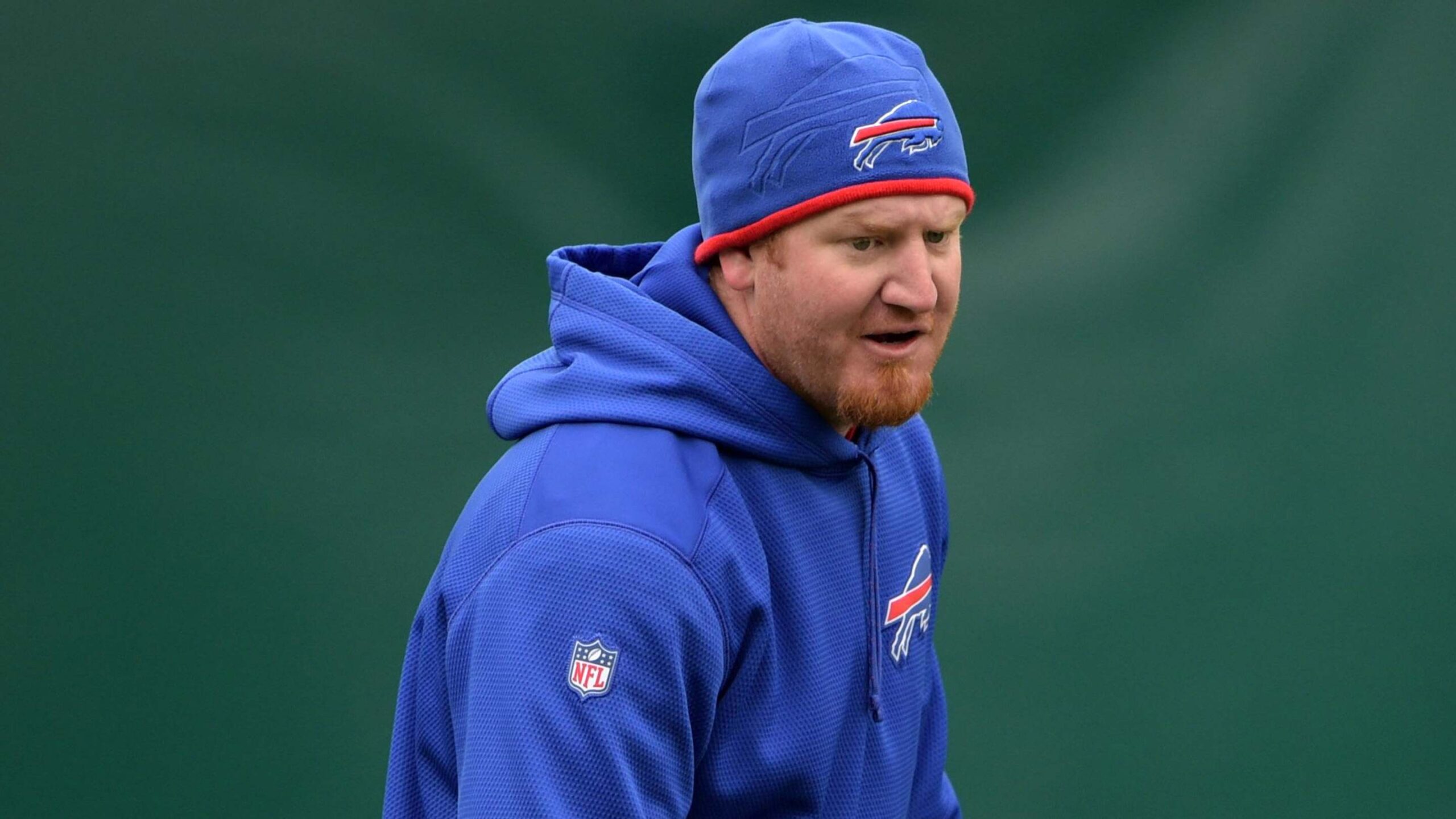
Conservative podcaster Allie Beth Stuckey has sparked conversation surrounding Halloween, labeling it a “high holiday for the satanic church.” In a recent episode of her podcast, Relatable, she revisited the ongoing debate regarding Christians’ participation in Halloween festivities, emphasizing that the implications of such decisions are profound and require a thoughtful approach.
Stuckey stated, “We should also realize that the trauma that comes from Halloween for some people is real.” Her comments reflect a broader discussion on the intersection of faith and cultural practices, particularly during a time when spiritual warfare seems increasingly prevalent. In the context of rising fringe beliefs on social media, she noted the influence of figures like Peter Thiel, who recently conducted a lecture series touching on themes related to the Antichrist, and Patrick Gelsinger, who has expressed intentions to develop technology aimed at hastening the return of Christ.
Stuckey’s podcast, featured on Glenn Beck‘s Blaze Media, often delves into perceived demonic influences within popular culture. Earlier this year, she criticized the rise of KPop Demon Hunters, claiming it exemplifies a creeping “paganism” in society. During her Halloween episode, she shared a video from fellow Christian influencer Forrest Frank, which presented a radical perspective against Halloween. A self-identified former satanic church leader claimed that Halloween is the “highest day” for satanists, alleging that it involves a significant number of human sacrifices.
While acknowledging the presence of evil spiritual forces, Stuckey distanced herself from endorsing this extreme viewpoint. “There are evil spiritual principalities at work, and we should acknowledge that and we shouldn’t minimize that at all,” she remarked. Yet, she pushed back against the notion that Christians inherently invite malevolent forces into their lives by coexisting with Halloween celebrators.
Stuckey raised additional concerns about the association between Halloween and LGBTQ pride. “There is, I would say, a big intertwining of Pride and LGBTQ pride with Halloween,” she asserted, suggesting that costumes and celebrations often challenge traditional sexual norms.
In her episode, she cited a 1991 Washington Post article discussing the impact of Halloween on individuals with psychiatric issues, particularly those who believed they were victims of satanic ritual abuse. This concept has been widely discredited, notably in a 1992 FBI report, which found little evidence to support the sensational claims from the satanic panic era of the 1980s. Major Christian organizations have also distanced themselves from promoting these narratives. Earlier this year, Christianity Today released a podcast series arguing that Christians had overstated invented fears of demonic influences while overlooking real instances of sexual abuse occurring within churches.
Stuckey navigates a delicate balance between appealing to the more extreme elements of Christian social media while maintaining relevance to mainstream audiences. In a recent interview with The Wall Street Journal, she described her target demographic as the “mushy middle”—Christians who might be swayed by progressive ideas. She elaborated on her approach to content creation, envisioning an audience of “35- or 40-year-old suburban moms” striving to live in accordance with their faith.
Acknowledging the complexities surrounding Halloween, Stuckey expressed, “I think there is a way to push back against darkness without opting out entirely.” Ultimately, she disclosed that her family does participate in Halloween festivities, allowing her three daughters to dress up and collect candy, albeit with limitations. “We don’t do anything crazy. We don’t do scary movies,” she clarified.
Stuckey’s remarks illustrate the ongoing struggle within certain Christian communities to reconcile faith with contemporary cultural practices, highlighting the nuanced discussions that continue to unfold around holidays and their significance.







